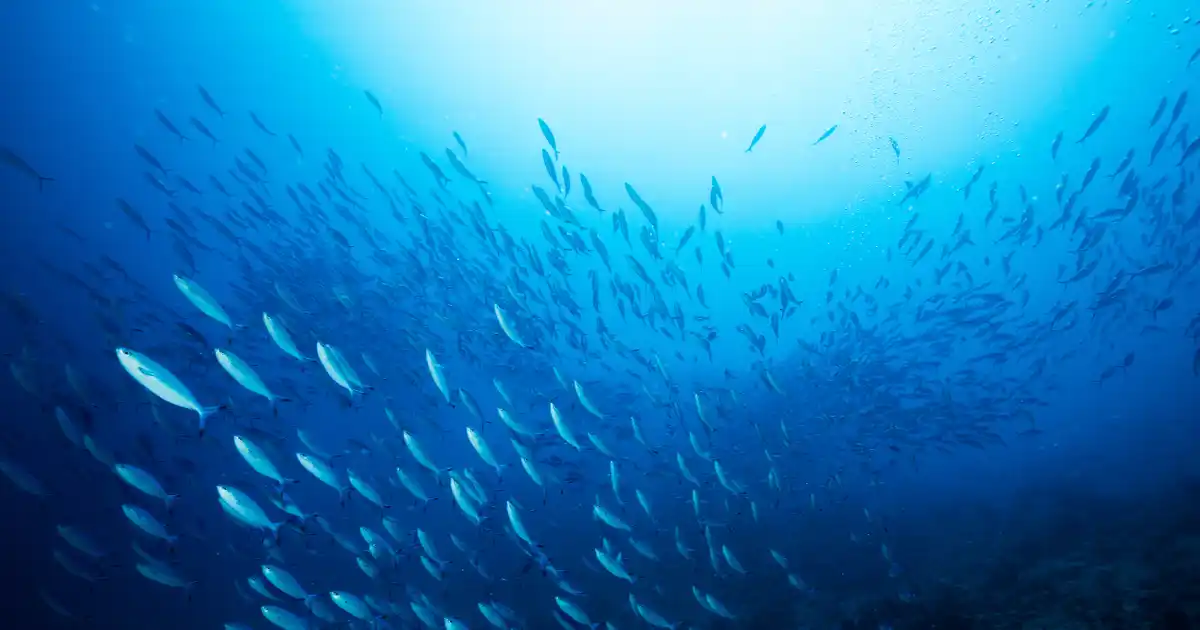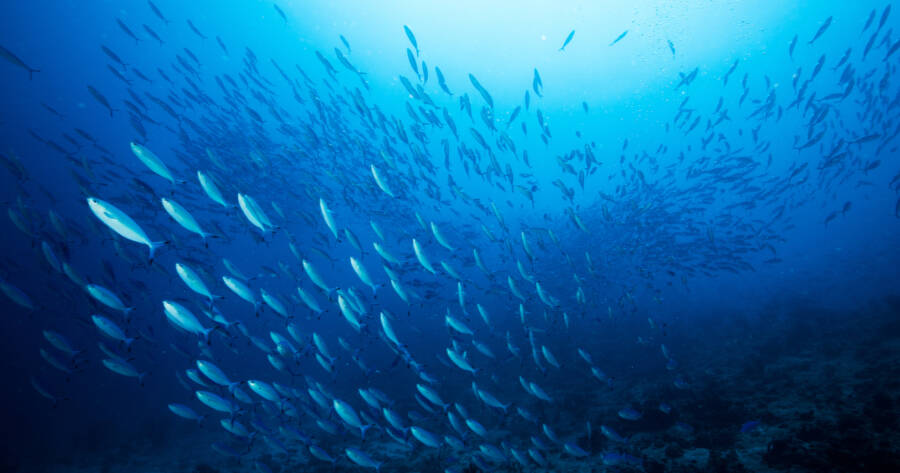If you’ve ever marveled at the vibrant colors of a coral reef, or pondered how fish navigate their underwater worlds, you may be ready for an educational deep dive. The field of ichthyology—dedicated to the study of fish—offers fascinating insights into these aquatic creatures, and you can now immerse yourself in this world without leaving home or spending a dime. Start a search today to explore your options and find a free online ichthyology course!
What is Ichthyology?
Ichthyology is the scientific study of fish, including everything from their anatomy and behavior to their role in ecosystems. It is a specialized branch of zoology that has been around for centuries, evolving along with advancements in marine biology and technology.
With a focus that ranges from microscopic larval fish to gigantic sharks, ichthyology is as diverse as the subjects it studies. Professionals in this field often work in academia, research institutions, and government agencies, contributing valuable data for conservation and management efforts.
Why Choose an Online Ichthyology Course?
Online courses provide flexibility, allowing learners to fit educational pursuits into their schedules. They’re also often more budget-friendly, and in the case of free courses, cost isn’t a concern at all.
An online ichthyology course offers modules that you can complete at your own pace, perfect for those who are balancing other commitments like work or family. Additionally, these courses often provide supplementary materials like videos and quizzes, giving you multiple ways to engage with the subject matter.
Essential Topics Covered in a Basic Ichthyology Course
The foundation of any ichthyology course will involve a comprehensive look at fish biology. This generally includes topics like anatomy, physiology, and life cycles, helping students gain an understanding of how fish function on a cellular level.
Behavior and social structures of fish populations are also commonly covered, as these have direct implications for conservation. Finally, the course may delve into human impact on fish ecosystems, such as pollution and overfishing, presenting real-world applications for ichthyology knowledge.
Where to Find Free Ichthyology Courses Online
Universities and educational platforms frequently offer free versions of their courses as a way to democratize access to knowledge. Online learning platforms typically offer a variety of ichthyology courses at no cost.
It’s also worth checking specialized marine biology websites and forums for recommendations. Some government agencies, particularly those focused on wildlife and conservation, may also offer free educational resources related to ichthyology.
Free Ichthyology Course Options
These free ichthyology courses are accessible to anyone with internet access:
- Coursera frequently offers courses related to marine biology, some of which are focused specifically on ichthyology, often in partnership with accredited universities.
- edX is another platform that occasionally offers courses on marine life, including fish studies, and allows learners to audit courses for free.
- Class Central, known for its wide range of educational content, also includes ichthyology courses.
- The OER Commons platform may offer courses or educational material focused on the study of fish.
Each of these platforms offers its own unique set of resources, from video lectures to discussion forums, enabling you to explore ichthyology in a comprehensive manner.
Making the Most Out of Your Online Learning Experience
Enrolling in a course is just the first step; maximizing the value you get from it requires additional effort. Actively participate in any discussion forums to enhance your understanding and connect with like-minded individuals.
Take notes during video lectures and don’t hesitate to revisit modules for a better grasp of complex topics. Finally, consider doing a project or presentation, even if it’s not required; this will help reinforce what you’ve learned.
Taking the Next Steps: Career Opportunities in Ichthyology
Upon completing a basic ichthyology course, you may find yourself eager to explore more advanced studies or even career opportunities in the field. A bachelor’s or master’s degree in marine biology or a related field is often the next educational step.
Job prospects include roles in research, conservation, fisheries management, and even positions in aquariums or zoos. With a formal education, the avenues for contributing to this fascinating field are numerous and varied.
Salary Prospects in Ichthyology-Related Careers
The salary in ichthyology-related careers can vary widely depending on the level of education, experience, and the specific job role. Positions in research or environmental consulting may offer salaries averaging around $74,000 per year.
Those with advanced degrees and specialized skills can expect higher earning potentials, with salaries reaching around $80,000 or more for roles in academia, government agencies, or private sector research. Fisheries managers and conservation scientists can also command respectable salaries, particularly with years of experience.
An Ichthyology Course Contains an Ocean of Possibilities
The underwater world of fish is an area of endless curiosity and vital ecological importance. A free online ichthyology course offers a fantastic starting point for diving into this discipline.
Explore the internet to find a free online ichthyology course that satisfies your interests. By studying the anatomy, behavior, and conservation needs of fish, you not only gain a richer understanding of the aquatic world but also prepare yourself for potential career paths in this rewarding field.
 Shutterstock: D.Lertchairit
Shutterstock: D.Lertchairit